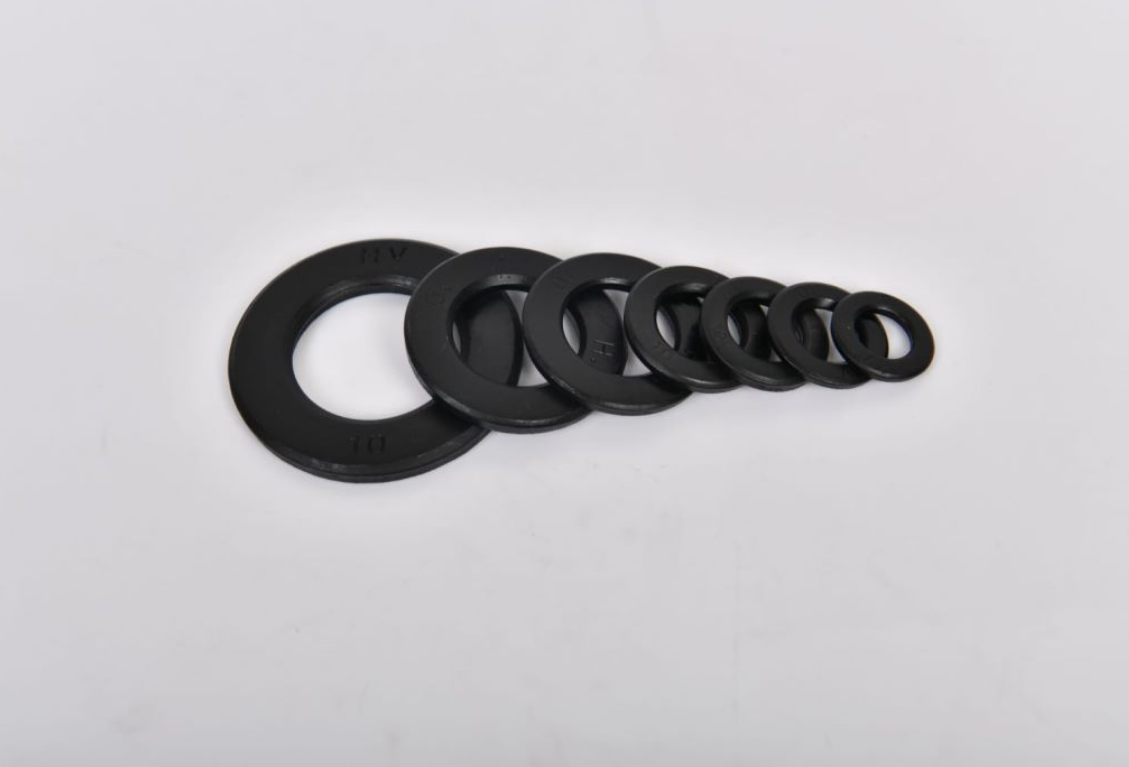famous washer vs spring washer
Famous Washers vs. Spring Washers Understanding Their Roles in Mechanical Applications
When it comes to fastening applications, the choice of washers can significantly impact the performance and longevity of mechanical assemblies. Two prominent types of washers often compared are famous washers (sometimes referred to as flat washers) and spring washers. Understanding the differences between these two types can aid engineers and designers in making more informed decisions based on the specific needs of their projects.
What Are Famous Washers?
Famous washers, or flat washers, are simple disk-shaped components that have a hole in the middle to accommodate a bolt or a screw. Their primary purpose is to distribute the load of the fastener and prevent surface damage to the materials being joined. By providing a larger bearing surface, flat washers enable a more even distribution of force, which can help prevent loosening as a result of vibrations.
Flat washers are incredibly versatile and come in various materials, including steel, stainless steel, plastic, and even rubber, each suited for specific applications. For example, a rubber washer can provide resistance to vibration and dampen noise, while a stainless-steel washer can withstand corrosive environments. Their ease of use and effectiveness in reducing wear make flat washers a common choice across many industries, from automotive to construction.
What Are Spring Washers?
In contrast, spring washers are designed to exert a force against the fastener they support, making them capable of retaining tension. They are typically cupped or curved, allowing them to return to their original shape after being compressed. This feature enables spring washers to provide preload to the screw, which helps maintain tightness in the presence of dynamic loads, vibrations, or thermal expansion.
famous washer vs spring washer

There are various types of spring washers, including the commonly used split lock washers and Belleville washers. Split lock washers are designed to resist loosening by biting into the material of both the fastener and the surface beneath, while Belleville washers provide significant radial force even when compressed, making them suitable for applications requiring a stable connection under varying loads.
Key Differences Between Famous Washers and Spring Washers
The fundamental difference between these two types of washers lies in their function. While flat washers primarily serve to distribute load, protecting surfaces and reducing wear, spring washers are essential for maintaining clamping force and resisting loosening due to mechanical vibrations.
Surface flat washers are typically more straightforward and easier to replace when wear occurs, but they do not offer the same level of resistance to loosening as spring washers. In contrast, spring washers demand more careful consideration regarding their installation and the preload required, but they can significantly enhance the reliability of bolted connections in demanding environments.
Conclusion
In the world of mechanical engineering and assembly, choosing between famous washers and spring washers ultimately hinges on the specific requirements of the application at hand. For general load distribution and surface protection, flat washers shine due to their simplicity and versatility. However, in scenarios where vibration and dynamic loads are critical factors, spring washers provide the necessary resilience to maintain connection integrity.
Ultimately, understanding the strengths and weaknesses of each type of washer ensures that engineers can design safer, more effective, and durable mechanical systems. Whether using flat washers to protect delicate surfaces or spring washers to combat loosening in critical applications, making an informed choice is essential for successful engineering outcomes.
-
Top Choices for Plasterboard FixingNewsDec.26,2024
-
The Versatility of Specialty WashersNewsDec.26,2024
-
Secure Your ProjectsNewsDec.26,2024
-
Essential Screws for Chipboard Flooring ProjectsNewsDec.26,2024
-
Choosing the Right Drywall ScrewsNewsDec.26,2024
-
Black Phosphate Screws for Superior PerformanceNewsDec.26,2024
-
The Versatile Choice of Nylon Flat Washers for Your NeedsNewsDec.18,2024










